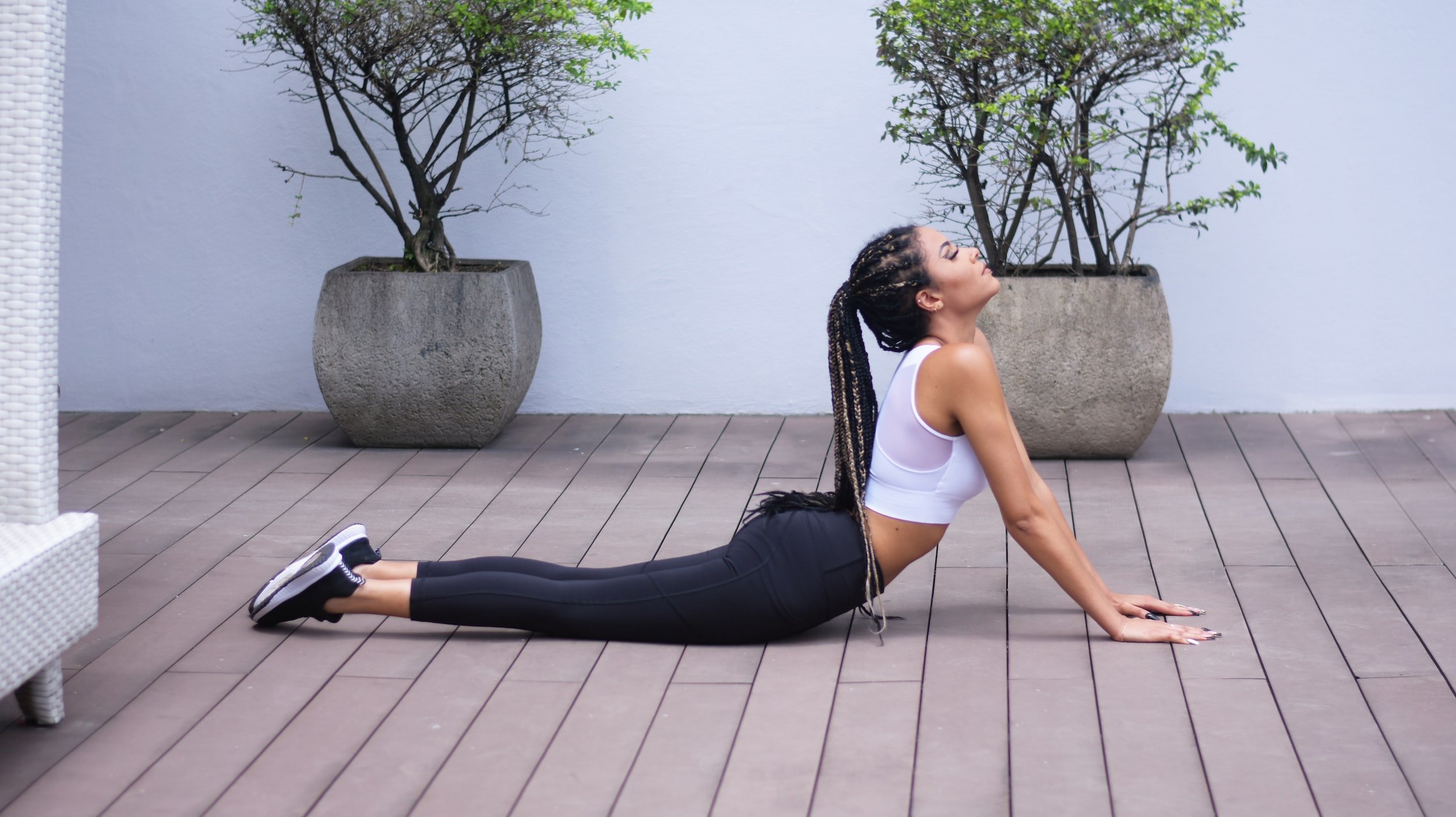A Guide to Starting a Sustainable Fitness Journey
Embarking on a fitness journey can be an exciting and transformative experience. In this guide, we'll explore everything you need to know to get started, stay on track, and achieve your fitness goals.
Clear and Realistic Goal-Setting
Set Goals That Matter to You:
Choose goals that you are passionate about and aligned with your long term purpose. Make sure your goals are specific, measurable, achievable, relevant, and time-bound.
Write Them Down:
Research shows that writing down your goals improve the likelihood of achieving it.
Break It Down:
Create milestones and mini goals to keep motivated
Design a Well-rounded Workout Plan
Cardiovascular Training
Cardiovascular training strengthens your heart, reduces the risk of chronic diseases, and burns calories.
Examples include running, swimming, cycling, walking or using cardio machines inside a gym.
Strength Training
Strength training builds muscle, improves bone density, and boosts metabolism.
Examples include push-ups, deadlifts, squats and bench press. Start slow with strength training. Perform 3-4 exercises, 3 sets of 8-12 reps.
Flexibility Training
Flexibility training improves range of motion, reduces tension and the risk of injury.
Examples include stretching, yoga, or Pilates.
The Importance of Balanced Diet and Nutrition
The right combination of macronutrients (protein, carbs, and fats) and micronutrients (vitamins, minerals, and antioxidants) help you fuel your body, boost performance, and reduce the risk of diseases.
1 gram of protein = 4 calories
Protein Examples
Chicken
Turkey breast
Eggs
Fish
Lean beef
Cottage cheese
1 gram of carbohydrate = 4 calories
Carbohydrate Examples:
Brown Rice
Quinoa
Sweet potatoes
Oatmeal
Whole-grain bread
Beans
1 gram of fat = 9 calories
Fats Foods:
Avocado
Nuts
Salmon
Olive Oil
Egg Yolks
Coconut oil
Choosing a Workout Partner or Community
Find an Accountability Buddy
Having a workout partner helps you stay accountable, motivated, and consistent. Plus, it's always more fun to exercise with a friend.
Join a Workout Group or Class
Workout groups and classes provide a sense of community and support. You get a chance to learn, be inspired, and make new friends.
Track Progress and Make Adjustments
Measurement Tools
Track your progress using measurement tools like before-and-after photos, weight scale, tape measure, or body fat calipers.
Tracking Apps
Download a workout or nutrition tracking app to monitor your progress, set reminders, and access health and wellness resources.
Adaptability is Key
Be prepared to make adjustments to your plan, especially if you encounter injuries, plateaus, or unexpected life events.
The Importance of Rest and Recovery
Rest and recovery allows your body to repair and regenerate
Get Eight Hours of Sleep Each Night
Listen to Your Body's signals
Take Days Off and Reduce Stress
Get a Massage or Use an Ice Bath
Why Your Fitness Journey Matters
Your fitness journey is more than just getting in shape and looking good. It's an investment in your health, your well-being, and your future. Physical activity boosts your mental health, self-esteem, and cognitive function. It helps you cope with stress, anxiety, and depression. Additionally, regular exercise reduces your risk of obesity, heart disease, stroke, and diabetes. By committing to a fitness journey, you're making a positive impact in your life and the people around you.
Contact HOMEFIT today for your free health assessment and consultation.





